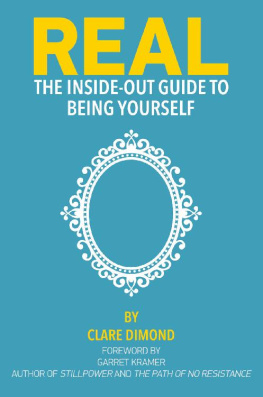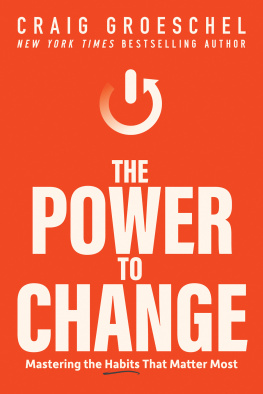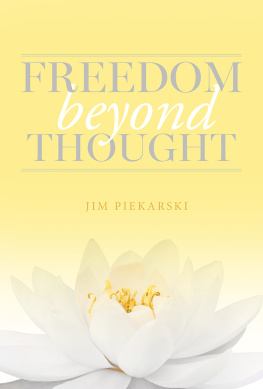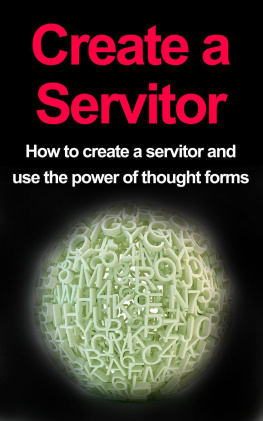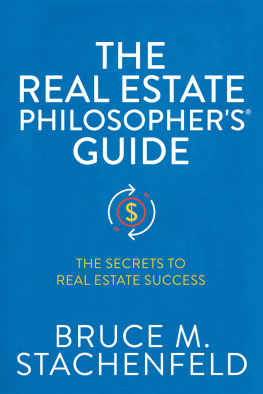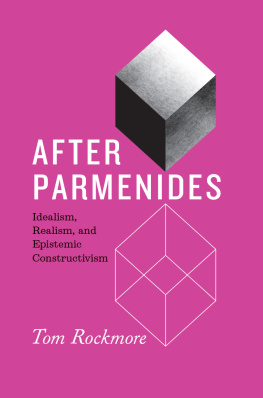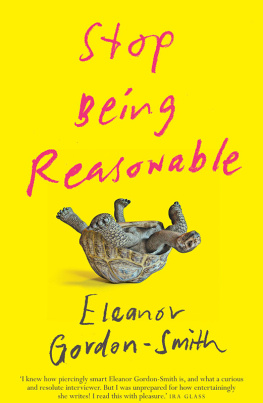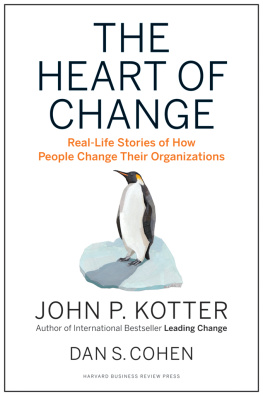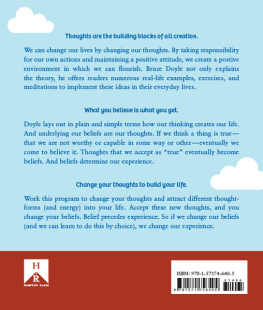Only to the extent that we expose ourselves over and over to annihilation can that which is indestructible in us be found.
Pema Chdrn
If this book does its job, it will start to shake the precarious house of cards that is your idea of who you are.
If it succeeds, a lifetimes work of weaving belief into belief will unravel until your thoughts about yourself become a pile of loose threads.
This might not be comfortable.
It sounds like the opposite of what we want a book to do. We read books about self-esteem and self-confidence. We want books that reinforce our self-belief. We want books that build us up. The last thing we want is for our sense of self to be shaken or unravelled.
You might already be thinking / saying / shouting Back off, Clare. Who I am is who I am! Dont mess with that.
Please stay with the book. I promise, everything you have ever been looking for comes from seeing more clearly who you really are and who you cannot possibly be.
We have an identity, an idea of something that we think we are. It looks solid and true. This identity tells us what we can and cant do. It tells us what upsets and scares us. It tells us what makes us angry. It tells us who loves and hates us. It tells us our limits and what we are good at. It seems to draw people in or create employment or inspire love. It seems to give us something stable to cling on to.
And, if you are like me, then you might sometimes feel that something is missing.
You might sometimes feel that other people have life more sorted than you.
You might feel that you need to secure who you are through your career or relationships.
You might have been trying to be someone, to feel better about who you are.
You might have taken jobs or said or done things, that deep down you didnt want to, in order to be secure, respected or loved or successful.
You might have thoughts that say you are wrong or inadequate or incapable. You might do things to try to blank out those thoughts.
A lot of effort. A lot of building up. A lot of blanking out. And all of it in order to secure a self that we think has to be preserved and defended.
And that is about to end. And that can be uncomfortable.
Which might be why, in talks I have given, occasionally someone has started to cry. (I realise that is not the best advert for my talks) One dear friend said through her tears, But if I am not who I think I am, who am I? Not knowing who I am is terrifying to me.
And a client said to me, If I am not my identity, then how will I know what to do? Will I end up doing nothing at all?
Another client said, Who will I be if Im not what I think? What will guide my decisions?
The fear is that if we no longer believe the thoughts telling us who we are then we will disappear. As though the thoughts were somehow making us real, were fixing us in the earth, giving us a place.
The fear is that if we no longer believe the voice telling us what we should or should not be doing, we will have no motivation to do anything. We will sink into oblivion on a tapestry yoga cushion.
The fear is that without our beliefs about who we are, without an idea of a personality or identity, we will be empty, vacuous, left wanting, doing nothing.
the opposite is true.
When we glimpse the truth of who we are beneath the stories, whatever remains is more real, not less. It is more engaged and more loving and more passionate. We realise we (whatever that we is) are more than we could ever have thought possible.
Way, way more.
The fear of losing our created self to get closer to what lies beneath it is logical. Pema Chdrn, the American Tibetan Buddhist and author, said, Fear is a natural reaction to moving closer to the truth.
So why would we move closer?
Because our idea of a self isnt a true self. Our idea of who we are is a compilation of changing thoughts and beliefs. Who we think we are is not who we are, never was and never will be.
Deep down, we know this. We know that everything we think about who we are can flip to the opposite thought in a heartbeat. One minute, we think we are a loser. The next minute, we think we are doing OK. One moment, we think we are kind. The next moment, we believe we are nasty. One moment it looks like people love and respect us. The next we seem like an outcast.

